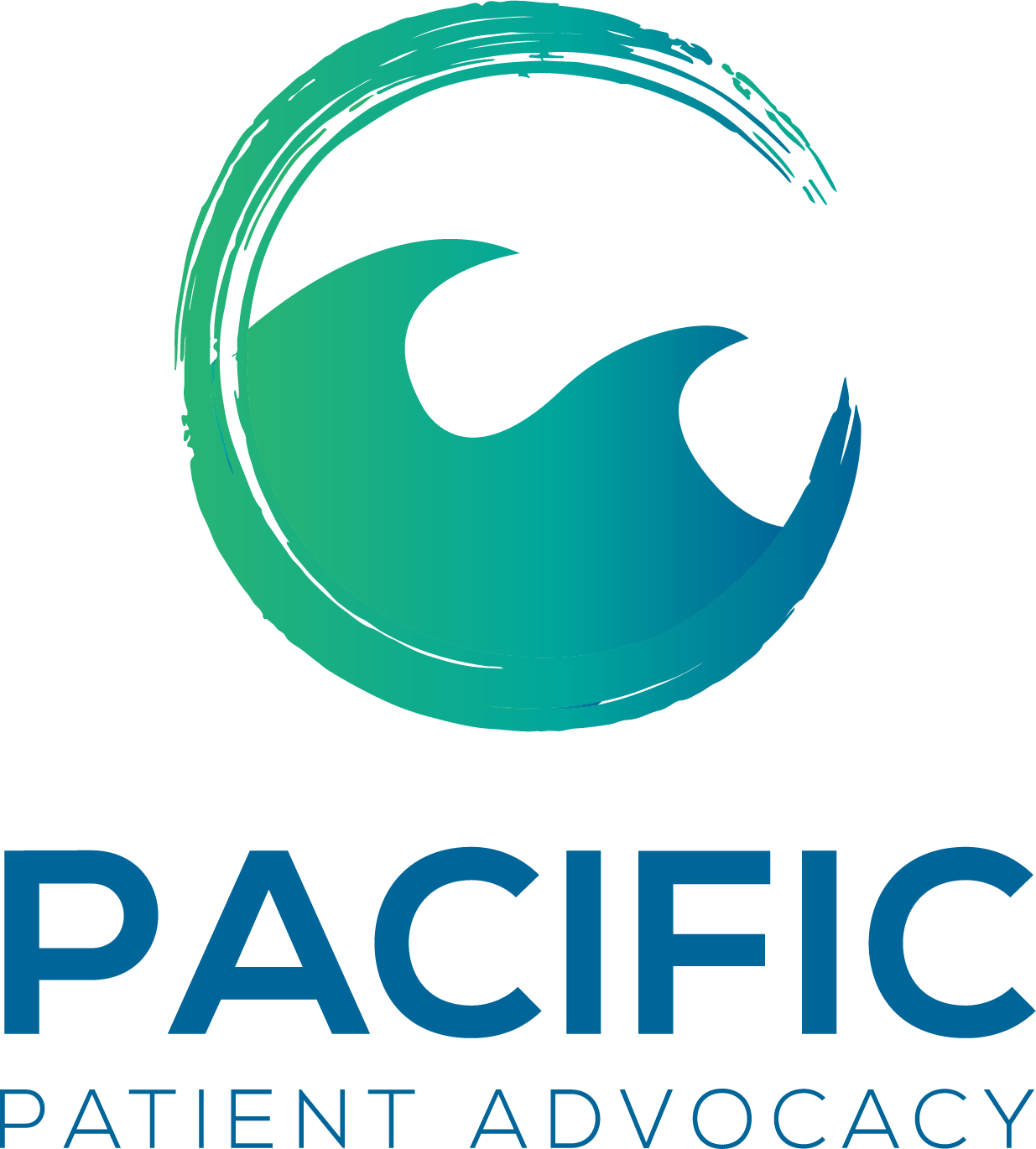We are in pandemic situations in the hospital setting in Los Angeles right now. In an effort to keep the population free from COVID, we pay a high cost in the quality of care and resources available to your typical patient. We are well aware that there in inadequate PPE for staff and patients, but however, an even more dire lack of resource is the lack of staffing. As a front-line staff at the bedside right now, I am working in conditions that I have never experienced before and I believe are causing considerable harm to patients.
For the first time in my career, I am working an entire floor with two other nurses. We have no charge nurse, no nursing assistant, no unit secretary, no relief nor resource nurse. We have no IV team, wound team, and the Code team is often called twice in a matter of minutes to two different patient bedsides. Doctors are stretched to their bounds, telling me they are lucky to get home at 3 am. Staff are sick or calling out of fear of catching the virus, or the hospital is not willing to pay the extra costs incurred for overtime and hazard pays.
For me the worst of all, families, the most natural patient advocates, are not allowed in the hospital at this time. Before COVID, hospital systems, although they may not admit it, had a lot of care was being taken on by families at the bedside, whether that was with helping with bathing and toileting, noticing small clinical changes, that only someone who had been watching a patient over hours and days could notice, emotional and spiritual support, massage and healing touch, and most importantly – knowledge of the big picture of patient. Families and patient advocates at the bedside provide educated questions, piercing curiosity, and help fragmented staff whom have different patients every day, get a sense, and quickly of what needs to be done. Without families or patient advocates right now, patients’ histories and problems get lost in the shuffle. In these increased resources shortages, front-line staff are just trying to get through the shift, and have lost any sense of what action needs to be taken today to move this patient towards health in the big picture, much less hardly have time to lay a hand on the patient in assessment. This is where things break down further. Doctors rely on these eyes and ears of front line staff to relay any critical lab values, clinical changes, or small clues to direct their care. Without them, things are missed, care is delayed, and harm is caused to the patient, at a place where they were supposed to come and get better.
For these reasons, I believe being admitted to a hospital now with something routine, such as a broken hip is ten times more dangerous than before COVID. (And not because they may catch COVID). There is no coordination of care. There is no one person keeping track of what is best for the patient (as perhaps a family member could do usually at the bedside). There is no accountability.
My heart breaks for COVID patients, but my moral distress is more alarmed at the rest of the patients left behind and neglected in this crisis. It is more important than ever to be either an advocate for yourself, or your family member, or if you are unable, to seek professional help immediately. From what I have seen on the front lines, it’s a matter of life and death. Even something as simple as a daily call to the facility and getting as much information as you can from the harried staff can help immensely. As one of the harried staff myself, I know its tough to get these frequent calls, but it’s also what I want and what is best for the patient. As a front-line staff, these calls from families and advocates help clarify for me as an RN the bigger picture and cause me to reflect what is best for my patient, and to advocate in the stead of those who cannot be at the bedside. Front line staff want to help, but they need more resources. When a hospital cannot provide that, it is up for families and advocates to step in and provide them with knowledge and care.
As a result of patient advocates and families on the outside, I have been able to provide comforts to patients on the inside I would not have been able to otherwise. For example, families have dropped off pictures and home-cooked food. Even in pandemic times, because of the rapport that these advocates and families built with me, I was able to tape pictures up, around my patient, provide home-cooked food, and even use my personal phone to allow families to face-time. When we don’t know how much time someone has left, these things really matter. Even though we are in pandemic times, humanity still exists in front line staff, but patient advocates and support from the outside is necessary to help activate that with the current restrictions in place.
